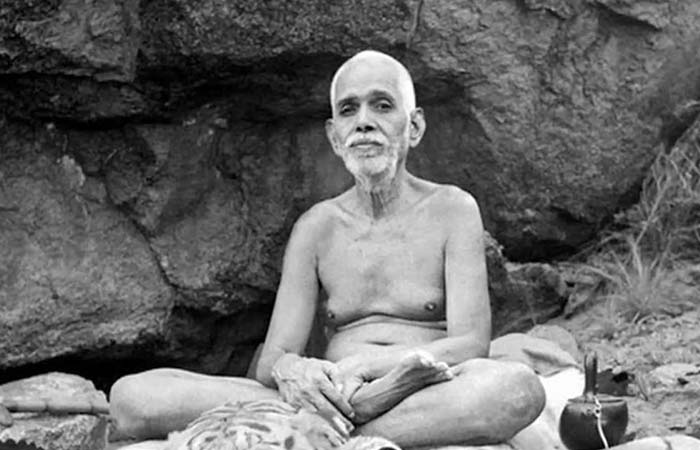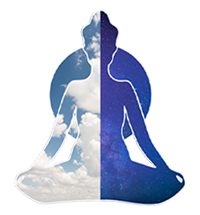
Today I’m writing about a topic that is a challenge for many meditators. It’s the question of what do we do about sleep in meditation. Any of us who meditate have experienced meditations where we get sleepy and nod off. As a meditation teacher, I’ve always hedged a bit on this question. On the one hand, I recognize the importance of staying alert and awake. On the other hand, some of my most powerful spiritual experiences occurred in moments when I thought I was falling asleep.
Once on retreat, when I kept feeling my head nod backwards and I would dutifully jerk my head forward every time,, I decided that I would let myself fall and see what happened. So the next time I started to fall back, I didn’t stop myself, and guess what? I didn’t fall off the chair either. Instead, my consciousness fell right out of the back of my head. I was literally aware from behind my own head and my awareness stayed that way for three days. I had so many mind-shattering insights during those days that propelled me forward on the path, and it wouldn’t have happened if I hadn’t taken the risk of falling asleep.
On a different retreat, I was meditating late at night when I was very tired. Actually, I was struggling to stay alert, but I can’t say I was really meditating. I was just remaining tense to stay awake when, suddenly, it occurred to me that I wasn’t really tired . At that moment, I fell into a place in consciousness that was perfectly awake and aware even though it was aware through a very tired body.
For three days and three nights, I couldn’t lose consciousness. I was aware all day, I was aware as my body fell asleep at night, and I was aware as my mind drifted in and out between dream states and deep empty sleep. In the morning, my alarm would go off and I would watch my body wake-up. I was experiencing a place in consciousness that was always constant through all changes in my mind and body. I knew that this consciousness was who I really was and that I had been that before I was born and would be that again once this body was gone. The existential fear of death had left me.
That’s why I am careful about how I instruct people around sleep in meditation. On the one hand, we need to develop concentration by making the effort to stay awake. At the same time, there might be times when what feels like sleep is actually the dawning of awakening.
In the book, The Spiritual Teachings of Ramana Maharshi, I discovered that my experience was congruent with what Ramana taught. Great passages speak to exactly this issue in ways that are confirming of my experiences.
In one of the passages of the book, someone explains that in doing their practice for long periods of time, they fall into a state like sleep and wonder if they should wake themselves up and start again?
Ramana says, “Like sleep, that is right. It is the natural state. Because you are now associated with the ego, you consider that the natural state is something which interrupts your work. So you must have the experience repeatedly until you realize that it is your natural state. You will then find that practice is extraneous, but still it will go on automatically. Your present doubt is due to that false identity, namely, of identifying yourself with the mind that does practice.”
Ramana is saying that because we’re identified with the mind, we don’t realize that this somewhat dreamy state that feels like sleep is actually our natural state. To Ramana, this is the state of true meditation.
The way I understand it, this sleep-like state is what we experience as we begin to forget our separate sense of self or ego in meditation. This self-forgetting is the state of pure consciousness that meditation is aimed at and yet we keep bringing ourselves back to the recognition of ourselves as an ego meditating. If, instead, we can rest in that easy space of self-forgetfulness, the practice will continue but we won’t be aware of doing it anymore. This open easy space is the doorway to revelation.
The catch is that any of these sleep-like states could turn out to be just sleep. You could end up thinking you’re in a profound state of self-forgetting and just be falling asleep, and I don’t want to recommend that. At the same time, I want to make it clear that there are some sleep-like states that are not just us falling asleep. They’re a transitional consciousness from the waking, busy awareness of our ego to the ever-present eternal awareness beyond it. So be open to the possibility that not all sleep-like states should be avoided.


